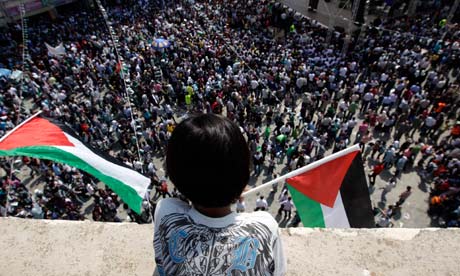by Emilee Gaebler
Impunity Watch Reporter, South America
BRASÍLIA, Brazil – This past Tuesday morning Brazilian citizens woke up and found the famous Copacabana Beach, in Rio de Janiero, full of brooms. 594 brooms, painted yellow and green, were placed along the beach in the shape of the federal congress building. Each broom symbolized one of the 81 Senators and 513 Lower House Representatives in Brazil’s government. The brooms signified the need for Brazil’s government to “clean house” and “sweep out” the existing corruption they are plagued with.

The protest was put together by a non-governmental organization, Rio for Peace. “The purpose of our initiative is to make people aware of the extent of rampant corruption and to demand greater transparency in the management of public funds,” said Antonio Carlos Costa, who leads the group.
The group’s expressive protest follows a September 7 March Against Corruption, fittingly organized on Brazilian Independence Day. In Brasília alone, roughly 25,000 supporters marched down the streets wearing black clothing; face paint, red clown noses and toting posters denouncing corrupt government officials. The protesters dressed as clowns to contrast with their slogan that corrupt officials are the real clowns.

President Dilma Rousseff took office just 9 months ago in January. Since then her Chief of Staff as well as the Ministers of Tourism, Agriculture and Transport have been forced to resign. Ex-Chief of Staff, Antonio Palocci resigned when news broke that over the past four years his net worth increased to be 20 times greater than when he took office. The three Ministers all stepped down amid claims of corruption; accepting bribes and skimming from public funds. All four deny any wrongdoing.
The acquittal of Federal Deputy Jaqueline Roriz has also garnered intense public scrutiny and outcry. In a secret vote by Congress, at the end of last month, Roriz was cleared of all charges. She faced claims of accepting a bribe of $33,000 US in public funds back in 2006. Roriz was caught on tape accepting the money. Congress justified their decision with inadequate excuses that at the time she accepted the bribe, Roriz was not yet a federal deputy, she was only a state deputy.
Citizens are doubly upset. Not only was a clearly corrupt official cleared of responsibility for her wrong-doing but it was done in an unrepresentative secret vote procedure. This has undoubtedly furthered the culture of political impunity that currently exists.
Brazil’s Bar Association, combining with the Brazilian Press Association and Catholic Bishops’ Conference made calls for more transparency in government spending. They are also demanding a new “Ficha Limpa” (Clean Criminal Record Law) to keep those with criminal records from running for elective office. A final objective is to end the secret vote procedures used to protect officials.
For more information, please see;
The Christian Science Monitor – Brazil Fights Corruption at Home as it Signs Open Government Partnership With the US – 20 September 2011
MercoPress – Hundreds of Brooms in Rio’s Beaches to Protest Brazilian Rampant Corruption – 20 September 2011
The Rio Times – Brazilians Protest and March Against Corruption – 13 September 2011
BBC News – Brazilians Rally Against Corruption – 7 September 2011
The Christian Science Monitor – Brazilians March Against Corruption to Mark Independence Day – 7 September 2011
BBC News – Brazil Corruption: President Loses Fourth Minister – 17 August 2011
BBC News – Brazil’s Chief Minister Antonio Palocci Resigns – 7 June 2011



